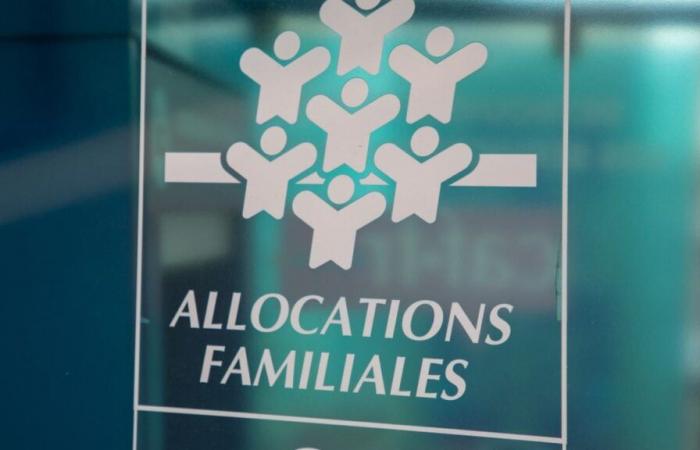The decision has made noise in recent days. Faced with
budget cuts envisaged by the Barnier government, the departments led by the right and the center threaten to cut the RSA payment. More than 70 departments are concerned. A new one has just announced that he will also follow suit. Pressure is mounting for the government.
It's no surprise. The French economic situation has been more than bad in recent years. All the lights are red. In order to limit bankruptcythe State therefore had to make choices in terms of its budget, in particular reducing that of departmental councils. Which obviously is not to the taste of those mainly involved.
Some departmental councils threaten to suspend the RSA from January 2025
The latter thus launched a arm wrestlinghoping to bring the government back to its senses. The ultimatum is simple: if the 2025 budget is not revised, the payment of the RSA will be suspended from next January. THE active solidarity income (RSA) is, however, an essential pillar for many families. This allowance is sometimes the only financial resource.
“As of January 1, all the departments of the right and the center will suspend their payments […] we will no longer support new ones unaccompanied minors, because it’s migration policy
»had declared Nicolas Lacroixpresident of the group of departments of the right, the center and the independents during a congress of the Départements de France association.
© Shutterstock The RSA could be suspended in many departments if no political agreement is found.
The Ain department plans to stop paying RSA
Despite the consequences of such a decision, more than 70 departments have chosen to follow the initiative. And every day, others take part.
Ain has just announced that it would remove the rights of 7,000 beneficiary households. In total, 12,000 people could lose RSA overnight.
The beneficiaries concerned are therefore following the debates with a certain excitement. Their future is uncertain. On the other hand, what is certain is that if the RSA continues to be distributed, it will henceforth be paid under certain conditions. In fact, since the law for full employment from 2023, several departments required beneficiaries to work 15 hours per week to continue to receive the RSA.
The abolition of the RSA would have serious social consequences
From January 2025, this measure will apply to all French departments. For example, in Ain, beneficiaries will be registered with France Travail and will benefit from the same monitoring as a person at looking for a job. This compromise, between right and duty, perhaps comes a little late. The ax of the pure and simple removal of the RSA could destroy the lives of thousands of families.
© Shutterstock If it is not simply abolished, the payment of the RSA will still be subject to conditions.
For the moment, negotiations between the government and the departments are at a standstill. If the abolition of the RSA is adopted, it would be a major turning point in French politics. In 2022, France spent more than
32% of its GDP to social protection, while the European average was 27%. France is first on the podium. Unfortunately, faced with a galloping inflation and one tax pressure never known until now, is it still possible (or reasonable) to maintain this position?







